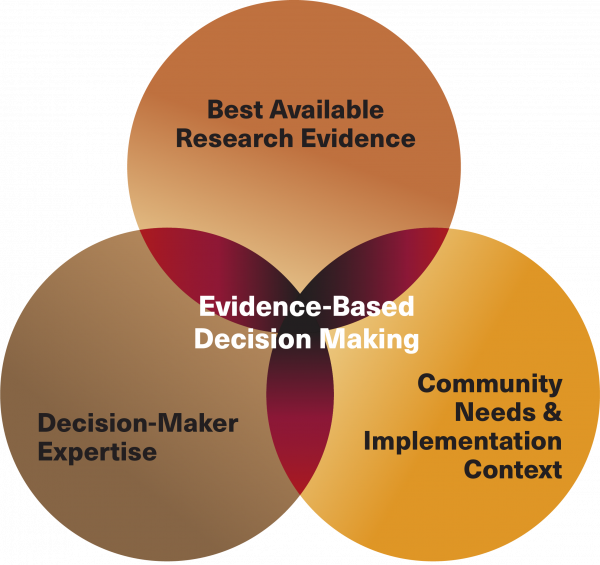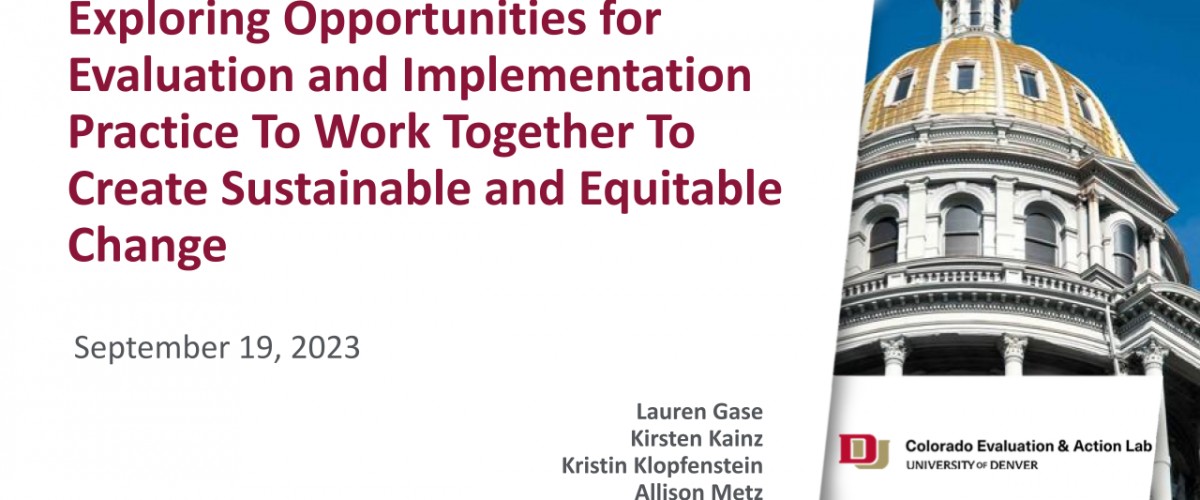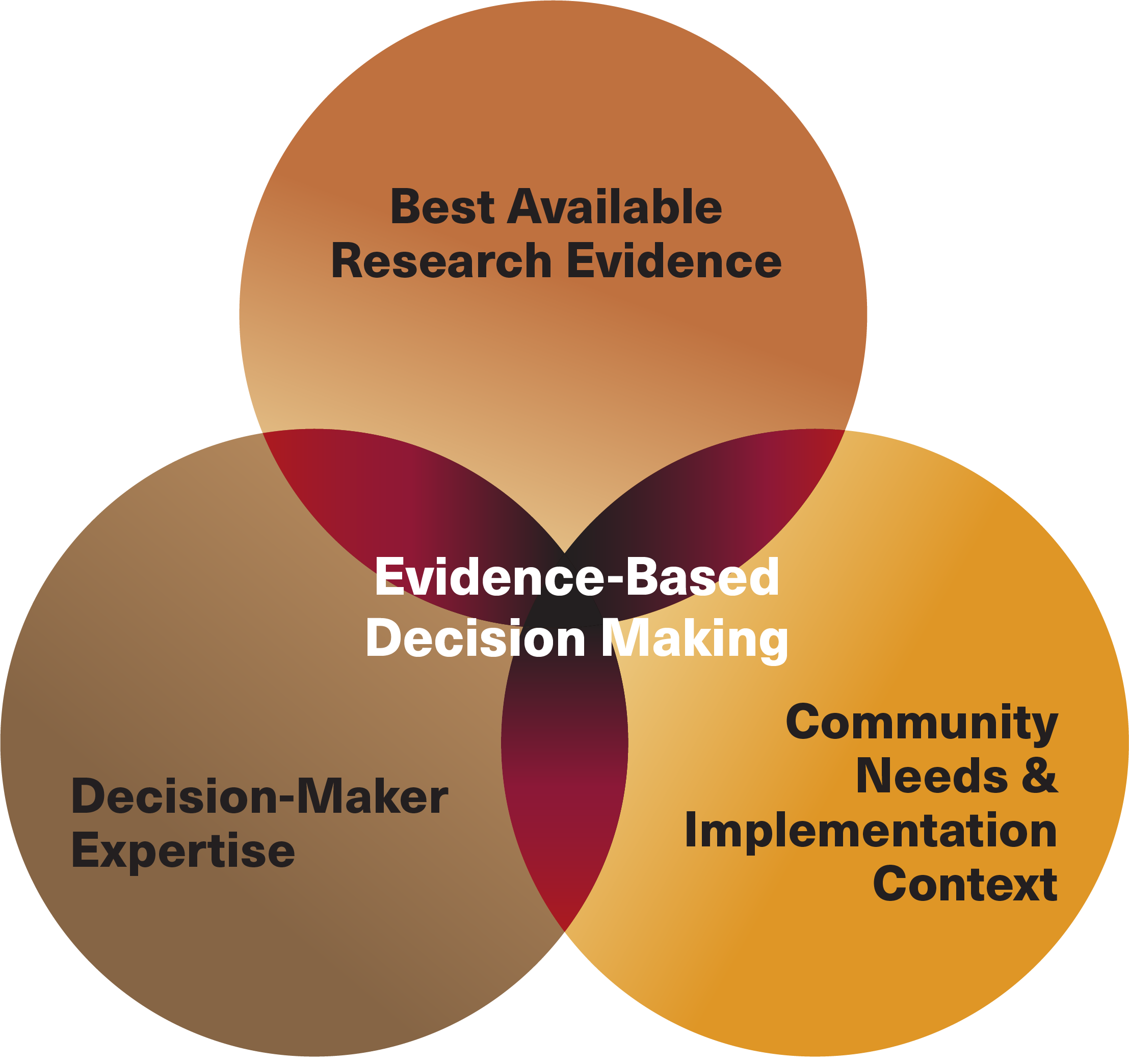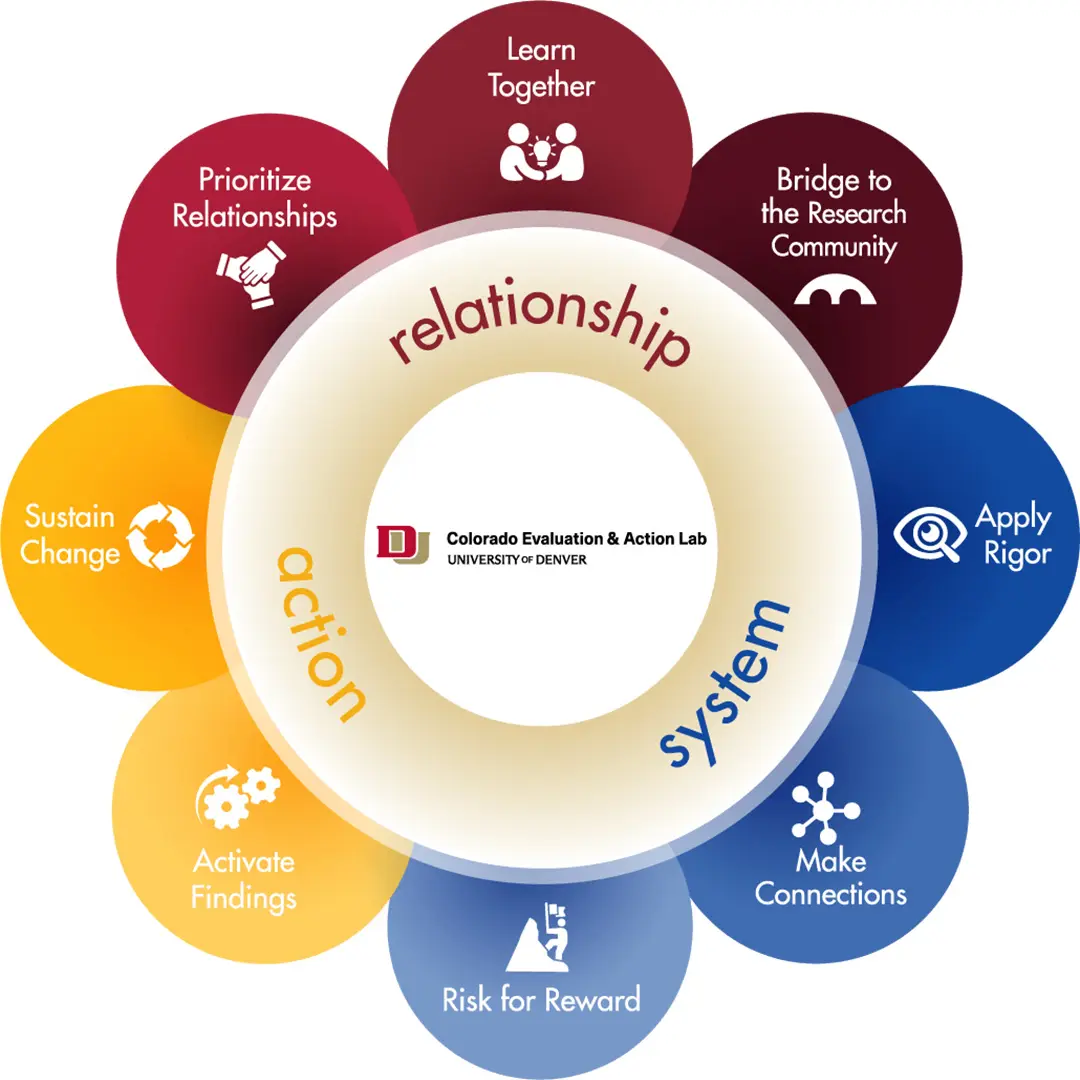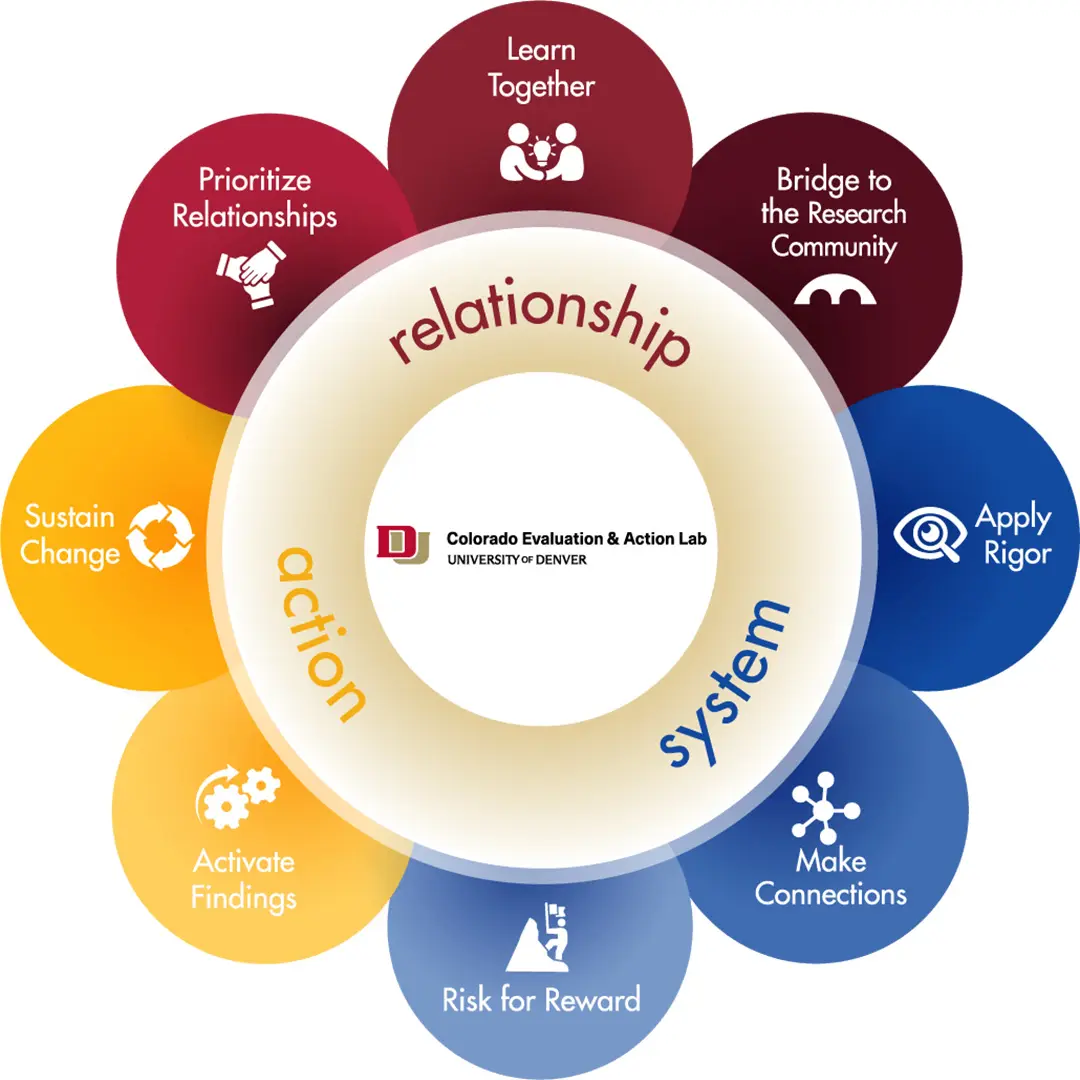LINC 5th Anniversary Series—Linked Data to Improve the Lives of Coloradans
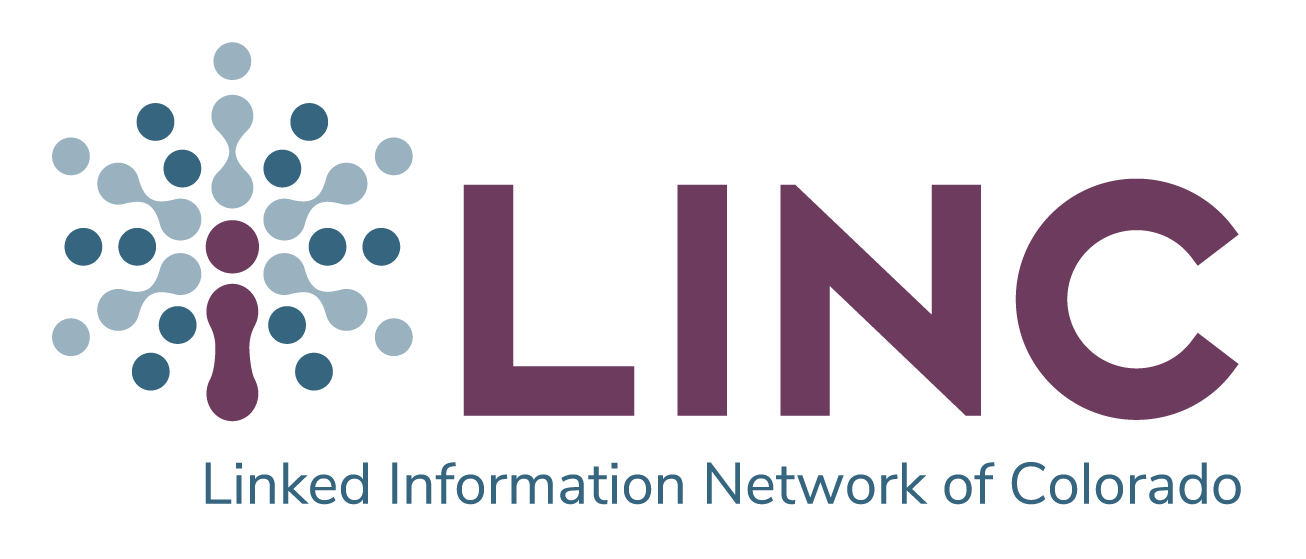
LINC Data Informing Efforts to Improve the Lives of Coloradan
This post is part of our special blog series to mark the fifth anniversary of LINC.
LINC helps state agencies and organizations respond to complex societal needs by securing and providing research-ready data from multiple systems.
In this series, our partners share what they value about LINC, how they use the cross-sector data resources, and the difference their LINC-informed work is making in the lives of Coloradans.
“As we celebrate LINC’s fifth year, one of the most exciting things we’re beginning to see is linked data informing programs, practices, and policy that improve the lives of Coloradans,” said Dr. Whitney LeBoeuf, Director of the Linked Information Network of Colorado (LINC).

Jade Woodard, CEO of Illuminate Colorado, agrees. “We began working with the Colorado Evaluation and Action Lab on a perinatal data linkage project in 2019 when LINC was first established. Being able to look at data across systems provides a fuller, more realistic picture of what families actually experience. We can see how families impacted by prenatal substance use and involved in child welfare traveled through systems and what was effective in their journey to recovery and well-being. This deeper level of outcomes data means that today we can work directly with families to make sure they have access to care coordination and support that the data linkage has shown us are likely to provide the most impactful services toward recovery.”
The value of this fuller understanding gained through linked data sets is being applied beyond program and service delivery, says Woodard. “We have been able to infuse learnings into our own organizational policy agenda to ensure our work is based on data across systems and that the things we are advocating for can be traced back to what families have experienced in our state.”

Initial outcome data reports for workforce training providers participating in WORC show significant and specific earnings increases for program participants. Data also pinpointed the jobs obtained by participants, and the gender, race, and ethnicity of participants being served by the programs.
“You know that the work you’re doing makes a difference anecdotally, but to see it on paper – my wife and I were in the kitchen crying to see that verified.”
Jason Janz, CEO of CrossPurpose, a training provider participating in WORC
Low also emphasizes the role linked data can play in advancing equity. “Many workforce training programs tragically continue to have gaps in equitable access and effective services across race, ethnicity, and gender. While I believe this says more about our society than program deficiencies, it’s clear that looking at data creates pressure to narrow gaps over time,” Low said. “We’re already seeing this in higher education. Colorado had the largest college attainment gap in the country between non-white Hispanic and Hispanic populations. Having data on this created a high-profile push to close the gap. We aim to advance the same conversation in the workforce training arena. With enough outcome data to study these gaps, we can build momentum to close service gaps and increase equitable access to quality jobs that offer a livable wage for all Coloradans.”
We invite you to follow our LINC fifth anniversary blog series (post 1: Five Year Milestone; post 2: Co-Creation Approach; and post 3: Game Changer) and learn more about LINC at lincolorado.org.






